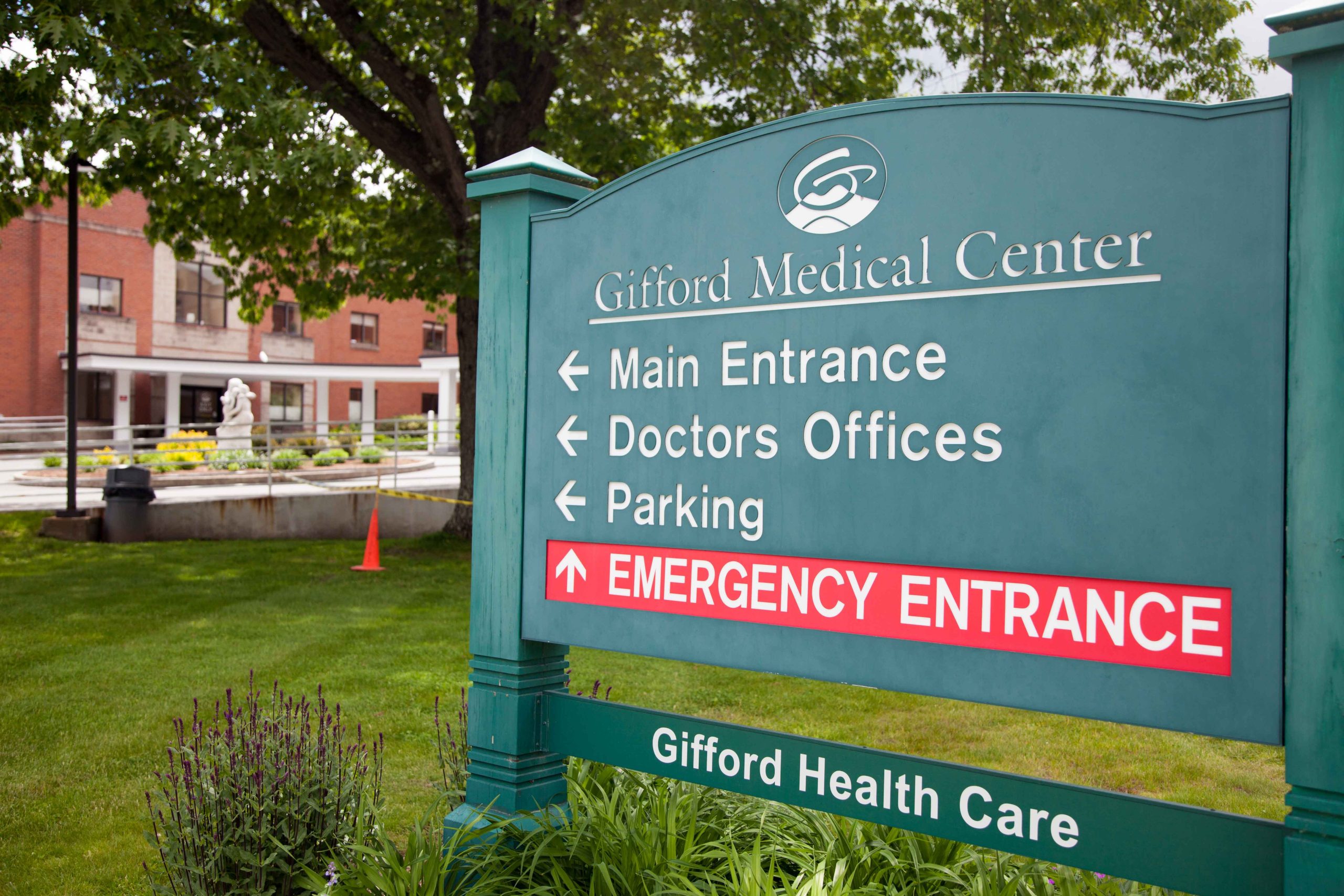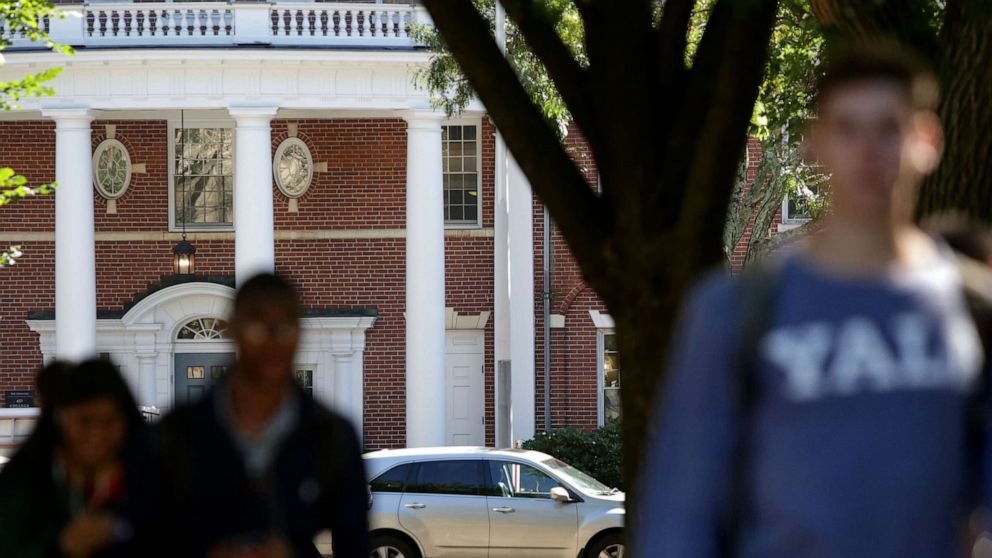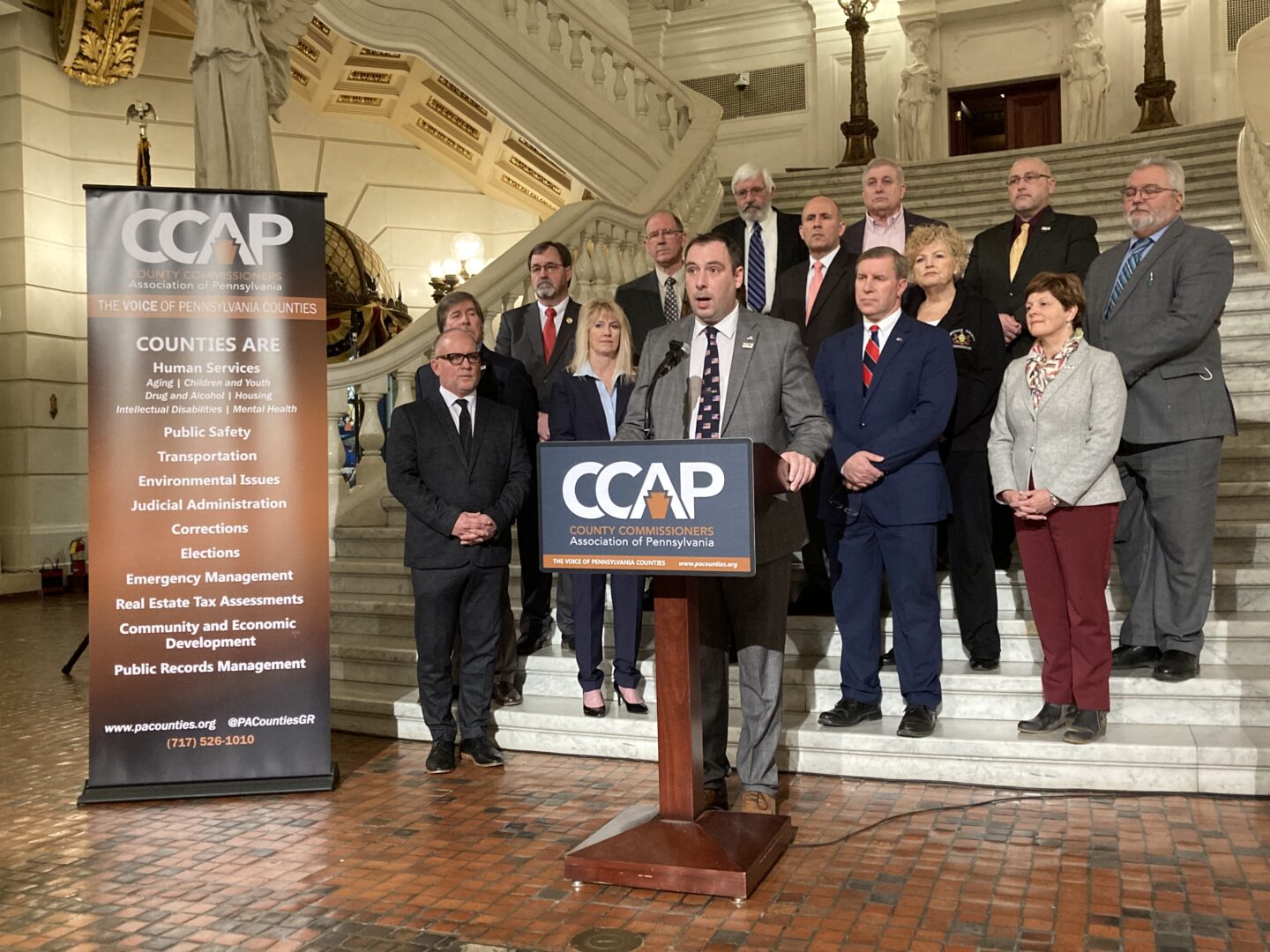[ad_1]

Editor’s note: This story written by Nora Doyle-Burr was first published in the Valley News on Dec. 21.
RANDOLPH — The recent restart of Gifford Health Care’s Sexual Assault Nurse Examiner program means that survivors of sexual assault and domestic violence no longer need to leave the White River Valley to receive care.
Gifford, which is based in Randolph, has long had some nurses trained to provide these forensic services, which can include helping gather genetic evidence following an attack, testing for and preventing infections, and helping survivors begin to heal from the trauma.
But now it has a team of eight, including five who are trained to treat adults and children, and three trained to treat adults only. The size of that team makes them confident they can offer assistance whenever people need it.
Marie Abare, a registered nurse who is Gifford’s SANE program manager and who previously led a similar program at Central Vermont Medical Center in Berlin, said she is passionate about providing this type of care to patients.
“It’s just a different kind of nursing care,” Abare said. “As hard as it is, it’s also rewarding. It feels rewarding because you’re doing something for somebody.”
Gifford’s eight forensic nurses are among about 95 credentialed in the state, according to Raenetta Liberty, a clinical coordinator for the Vermont Forensic Nursing Program. Nurses at Vermont’s 14 hospitals, including the White River Junction VA Medical Center, are trained to care for victims of sexual assault, but only a handful of hospitals have nurses trained to also provide care for domestic violence and strangulation, as well as anything that has to do with sexual abuse.
That smaller list includes the University of Vermont Medical Center in Burlington, Central Vermont Medical Center in Berlin, Brattleboro Memorial Hospital, Rutland Regional Hospital, and now Gifford, Liberty said.
“Since the (Covid-19) pandemic, we’ve had more interest in the program from nurses,” Liberty said. “I kind of think everybody’s looking for meaning in their work. This may provide nurses who are somewhat frustrated (and) burnt out (with) a new perspective on caring for individuals.”
The nurses on Gifford’s forensic team have pagers and will be called in when a patient arrives at Gifford’s emergency room or at a primary care provider’s office, said Jill Markowski, Gifford’s vice president of nursing. They provide one-on-one care through the duration of the person’s treatment, whether it takes one hour or six. Sometimes, if the patient chooses to involve law enforcement, the nurse may end up testifying in court.
Before Gifford had reestablished this full-time program, Markowski said, Gifford providers would assess survivors and then send them to another hospital, such as Dartmouth Hitchcock Medical Center in Lebanon, New Hampshire, or Central Vermont Medical Center in Berlin, but they had to drive themselves and often wouldn’t go. CVMC is about half an hour’s drive from Randolph, while Dartmouth Hitchcock is about 45 minutes.
“It’s hard enough for them to come forward with the trauma,” Markowski said.
Offering the care at Gifford also means that patients can be accompanied during these evaluations with an advocate from Safeline, the Chelsea-based organization that provides support to survivors of domestic and sexual violence in Orange County and five towns in northern Windsor County.
“It’s a very big deal and we so appreciate that Gifford is designing this program again and growing it,” said Linda Ingold, Safeline’s executive director.
Like Markowski, Ingold emphasized the importance of offering the service closer to where people live because they might not seek such personal care outside their own community.
It “makes a big difference to go (to) someone you trust, someone who’s known in the community,” Ingold said. “That helps to alleviate some of the fear and the unknown.”
In addition, Ingold said the forensic nurses can help educate others in the community, such as law enforcement and other health care providers, about things such as how to recognize signs of strangulation or what to do when people have been assaulted.
It’s “so important to have all of that right here,” Ingold said. “It’s just great.”
The service is reopening at a time when the lockdowns of the early Covid-19 pandemic are over and Safeline is seeing that, in some cases, domestic violence has escalated and become more violent, Ingold said.
“Because everyone waited and they couldn’t do anything,” she said. “They were trapped during that time.”
Safeline and Gifford have a system so that staff of either nonprofit can page each other.
That way, “no one’s walking in cold,” Ingold said. They can “all be ready as a team.”
Separate from the medical care, Safeline advocates can help survivors file for relief from abuse or stalking orders, or help them find a new place to live.
“I’m hoping that people take advantage of it,” Ingold said of the program.
The SANE program can be accessed through the Gifford Emergency Department at 44 S. Main Street in Randolph or by speaking with a primary care provider.
Don’t miss a thing. Sign up here to get VTDigger’s weekly email on Vermont hospitals, health care trends, insurance and state health care policy.
Did you know VTDigger is a nonprofit?
Our journalism is made possible by member donations from readers like you. If you value what we do, please contribute during our annual fund drive and send 10 meals to the Vermont Foodbank when you do.
[ad_2]
Source link




